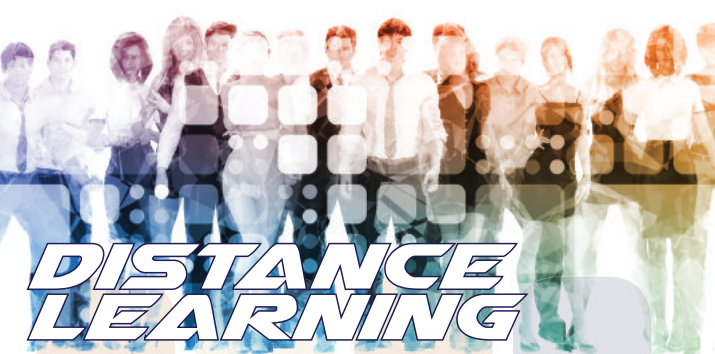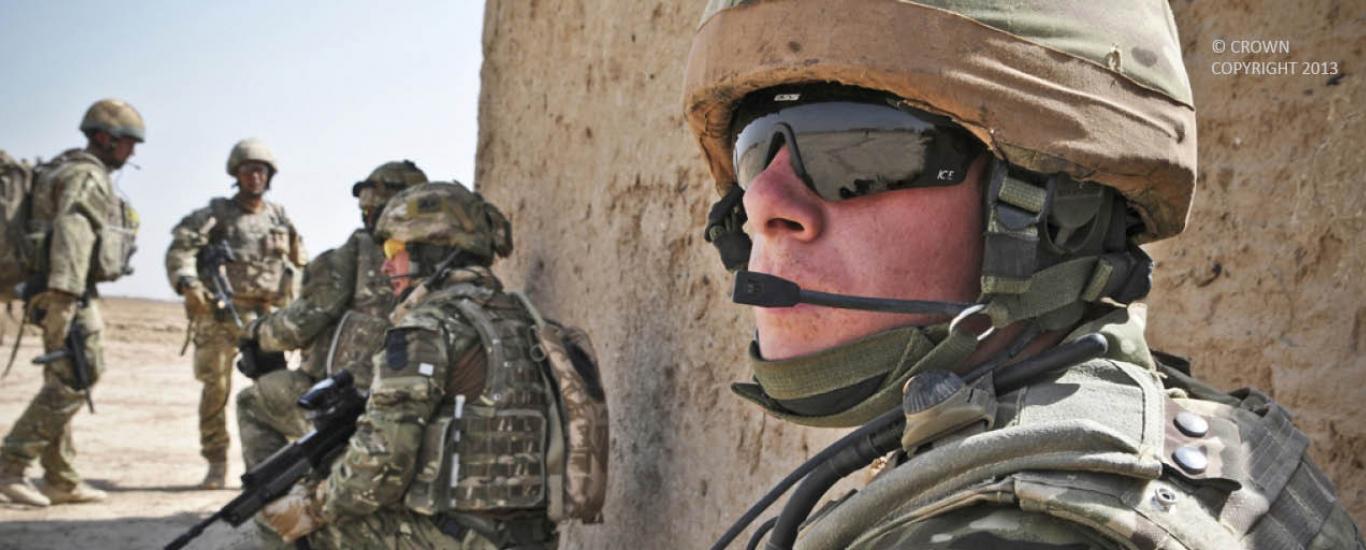
Distance Learning is a great way to add qualifications to your CV
Plenty of Service leavers reach a point in their resettlement journey when they realise that they need to upgrade their qualifications to get into the career they’re looking for. Distance learning is a great way to add valuable qualifications to your CV.
Flexible
Unlike other courses, especially those, based on campus, distance learning is flexible. Course materials are usually provided online and once your assignment is complete it is usually emailed back to your tutor for assessment. This means that Service-leavers can work from home around their other commitments to family or employment, for example, as can those who are approaching the end of their Service and want to study from their base.
Tutor
Distance learning is not the same as learning by yourself. The college or university you study with will assign a tutor to support you through the course and provide guidance and feedback regarding your projects.
Connect
Connecting to your tutor and even your virtual classmates will help you to get the best from your course. If there is a downside to distance learning it might be that you miss the interaction between students in workshops and so on. Discussion forums and the like help to fill this gap.
Convenient
It’s down to you to apply yourself and engage with the learning materials wherever you choose to study. Successful students often study ‘little and often’ setting aside time daily. Nevertheless, distance learning can be caught up if you need to use
CV
An increasing number of colleges and universities are offering distance learning opportunities. Not only are qualifications acquired by distance learning respected but people prepared to commit the time to education are similarly respected and admired.
Entry requirements
Undergraduate and postgraduate courses are likely to have entry requirements, set by the university running the course. These may include prior educational qualifications, especially in English and mathematics – as well as possibly in the subject you’re intending to study.
Courses
There are hundreds of courses available from an increasing number of institutions, most famously, the Open University, who celebrate their 50th anniversary during 2019. Since you’ll be studying remotely it doesn’t matter where you live in relation to the college or university. This means that you are not confined to a limited number of course selections based at institutions in a given area.
Costs
Studying isn’t cheap. A three-year undergraduate degree course can cost in the region of £15,000 but it’s much less than the amounts that full-time students attending colleges and universities are spending.
Fees should really be seen as an investment that will potentially put you on a successful career trajectory – and because you can use your lump sum and ELCAS to fund it, you might never have an opportunity like this again.
For more information on distance learning,
The Complete University Guide
www.thecompleteuniversityguide.co.uk
Distance Learning Centre
www.distance-learning-centre.co.uk
The Open University
UCAS



